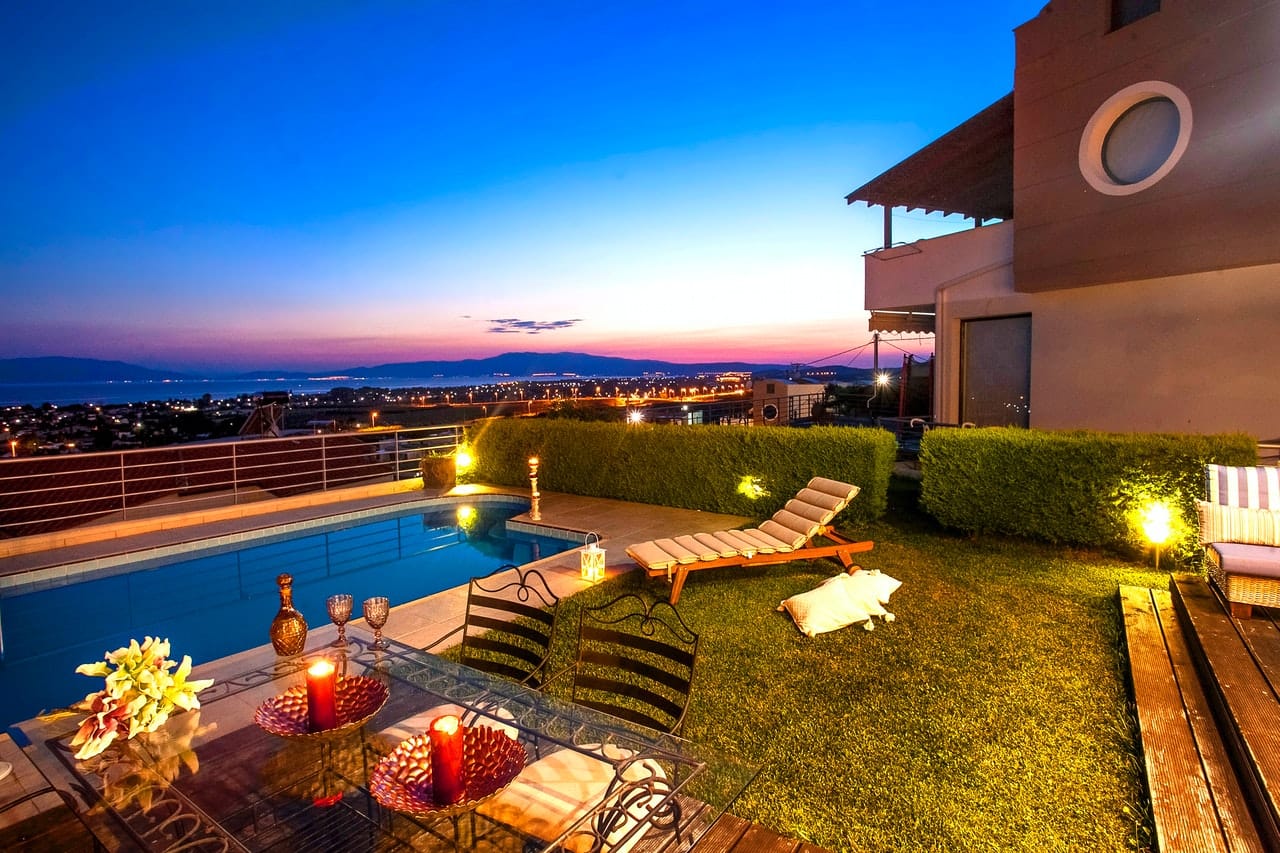America is seeing a large rise in people investing in vacation properties. This trend cuts across generations. Older people with their principal residence paid off may have credit and income enough to consider a second property - and mortgage rates have dropped to their lowest in 50 years.
Others, like millennials working in major metros, are buying their second home first, and renting their primary residence. They’ll likely never be able to afford the sky-high prices for home ownership in, say, Manhattan or Silicon Valley. Instead, they plan to stay where they are for the time being and then switch residences and careers after building up savings.
Many get these second homes in hot vacation areas like Big Sky, Lake Tahoe, the Hamptons, and Palm Beach, while family-friendly areas such as Gatlinburg cabins in the Smoky Mountains can make a great short-term income, and it can be tempting to rent out your vacation home when you’re not using it.
It’s commonly reported that Airbnb hosts earn an average of $924 a month. However, this isn’t as simple as throwing up a quick listing. Here are a few pros and cons, and potential pitfalls to think about before making the big leap.
Pros
Regular vacations are fantastic for your mental health, letting you return to your job recharged and refocused. Yearly vacations in the family cabin build a lifetime of memories, including watching your kids grow up and slowly creating your ideal getaway home one piece at a time. You’ll have your own place to retreat to when your home city rolls out a quarantine - or you could go on a creative retreat and knock out the next Great American Novel.
Real estate values tend to appreciate, especially in hot tourist destinations like snowy mountains and sun-swept beaches. With hard work and luck, you can earn a considerable amount renting out your vacation home. And if you vacation often in the same place, you may save money in the long run by buying instead of renting.
These properties make vacations to exclusive places more affordable. You could simply drive an hour to the best ski slopes in the country instead of having to rent a terrifically expensive room in the lodge.
Cons
Vacation homes are expensive in the current market and competition is fierce. And real estate isn’t a reliable liquid asset, even in the current seller’s market. If you need to liquidate, a vacation property that doesn’t bring in good income may not sell for the price you want. Meanwhile you’ll pay costs beyond the mortgage, including utilities, maintenance, landscaping, and such.
If you need a property manager, they charge higher fees for short-term rentals because it’s so much work. If you decide on long term rentals, start learning what it takes to be a landlord. There are a lot of laws involved and it can be a full-time job.
It’s common for property owners to earn most of the rental income during the hot tourist seasons. Meanwhile, they’re still paying bills during low season. If another pandemic hits, quarantines may cripple the tourism industry again. Your rental income may flatline.
The times when you most want to use that vacation home can be the same times tourists want it. You may need to choose between Christmas on the ski slopes and thousands in rental income.
Potential Pitfalls
Not every place lets you rent out your home. It depends heavily on local laws - and certainly on homeowner associations, which can be very disorganized, or allow features such as water ponds to become dangerous to kids, and which can frequently pass a new rule that impacts your property. For instance it’s rarely allowed to rent your Key West home out for less than a month. You’ll need to do your research in any area that interests you.
Will owning this property impact your taxes in a good or bad way? This is complicated depending on how long you vacation there, how long it’s rented out, and other factors. You’ll definitely want to talk to your accountant or a tax professional to sort out the best course.
Managing and marketing a short-term rental can range from a 25% cut of rental income up to as much as 40% in high-end destinations. You’ll need a marketing strategy just to get on vacationers’ radar. If you’re investing in a hot location, you’ll be competing with many others for the same pool of vacationers. You’ll pay for marketing and management with your time or your money.
Sometimes, expectations don’t match reality. Ask your future neighbors what it’s like to actually live there year-round instead of the tourist experience. Is there a winter low season where every other shop is closed? Chaos in the streets as a yearly music festival hits town? Occasional mass die-outs of jellyfish, turning that gorgeous beach into a reeking mess plagued by aggressive seagulls?
Buying a vacation property can be a fantastic investment. You’ll have access to a getaway home year-round, and you may be able to enjoy rental income when you aren’t using the place. However, tax laws and local regulations can trip you up. You’ll also need to carefully plan your finances to keep the property going. For a smart investment instead of a financial tripwire, do your homework or talk to a professional about the pros and cons of your vacation property.








